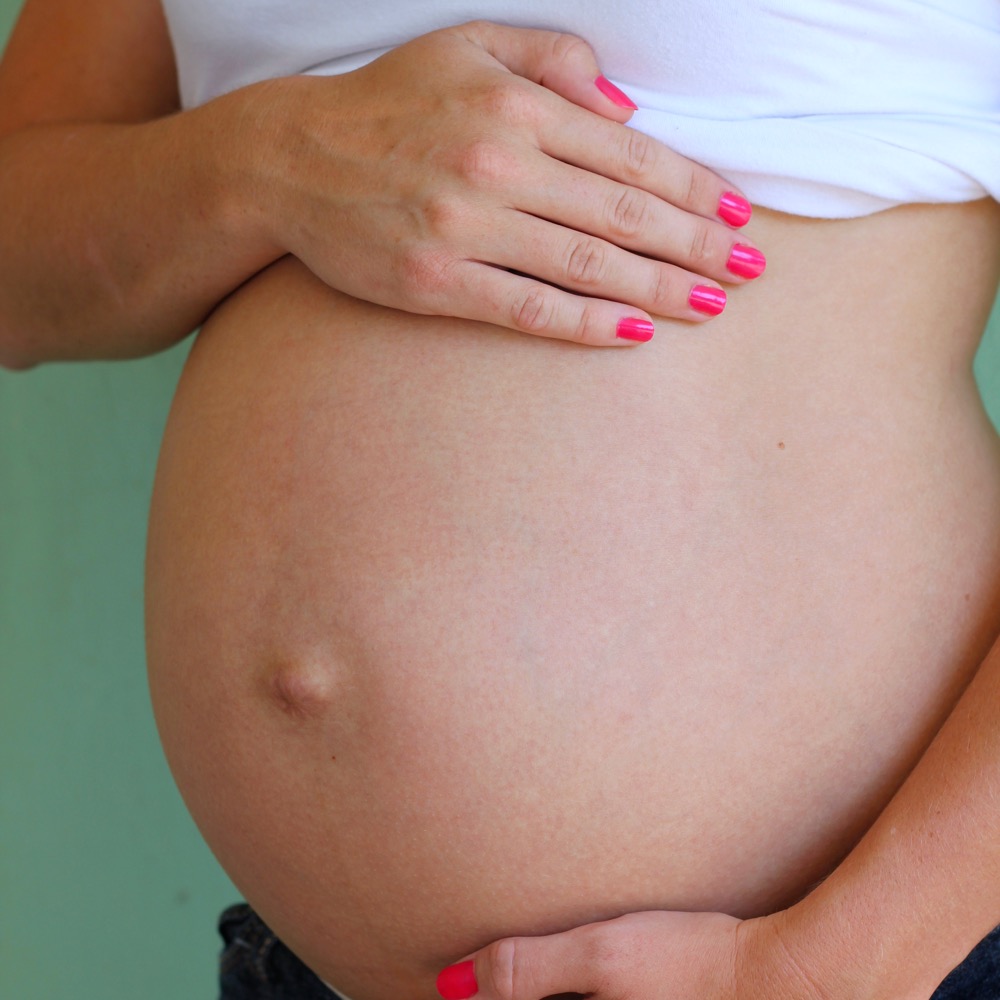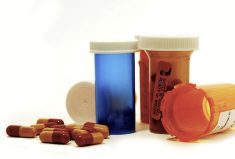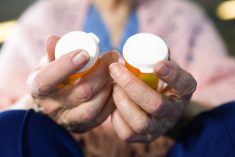For pregnant women, taking drugs can be a real concern. They may need the drug to control or treat a condition, but there can be a balancing act between their health and their baby’s safety. It is estimated that two to three per cent of babies are born with birth defects which can range from minor and correctable to more serious.
Besides drugs, birth defects can be caused by infections of the baby during pregnancy; genetic material of either or both mother and father; environmental exposure to harmful substances; or even a mother’s medical conditions. But sometimes the causes are never known.
Read Also

Summer Series: Why it’s important for you to get fit
So much of farming is so physically demanding. Even the easy jobs take enough running around to require physical stamina….
During the first three months (i.e. the first trimester), a baby’s systems are developing and are most vulnerable to harmful exposure, but sometimes a mother may not even know she is pregnant during this time.
The term teratogenetic refers to a drug or other substance that causes birth defects. It comes from the Greek word “teratoid” meaning “monster” because sometimes the baby’s appearance is not normal.
On the other hand, however, because drugs are not studied in pregnant women, there is little or no data regarding safety. Drug manufacturers usually include a statement that the safety of their drug is not known in pregnant women.
If you do take drugs to control a medical condition or even use non-prescription medicines or natural remedies and are considering starting a family, it is a great idea to check out your list of medications prior to conception. Changing to another drug, using a non-drug remedy, or even stopping the drug completely may be options for a healthy pregnancy.
Some drugs are recognized as harmful, for example male or female hormones, cancer drugs, tobacco, alcohol, and illicit drugs. Seizure medications such as phenytoin and some diabetes drugs can be harmful too, but you still want to control your condition.
Often, you will be changed to other, safer alternatives. Vitamin A and its derivatives, for example isotretinoin, are used for serious acne, yet birth defects are possible as a result of either mom or dad taking it. The recommended option is to stop the drug well in advance of pregnancy.
Lithium used to treat psychiatric conditions, anticoagulants such as warfarin, and the cardiovascular drug group known as ACE inhibitors are all contraindicated during pregnancy. A change to another effective, but safe, drug is the suggested course of action.
Non-steroidal anti-inflammatory drugs like ASA, ibuprofen, and naproxen can increase the risk of bleeding and are found in many non-prescription medicines.
Medicated skin creams and ointments are usually safe. However, if they are applied to damaged skin, absorption into your body is possible. Non-drug approaches are also considered safe, for example moisturizing creams for dry skin, steam and increased fluids for coughs and colds, ice or heat and massage for aches and pains.
Contraception is usually recommended if you regularly take any medication that does have teratogenetic effects. This includes non-prescription medicines and natural remedies with these effects. If you are considering starting a family or you are pregnant, remember to always read the package information prior to taking any medication because once you swallow the tablet or capsule, it may be too late. And keep this in mind too. The only safe amount of alcohol during pregnancy is none!















